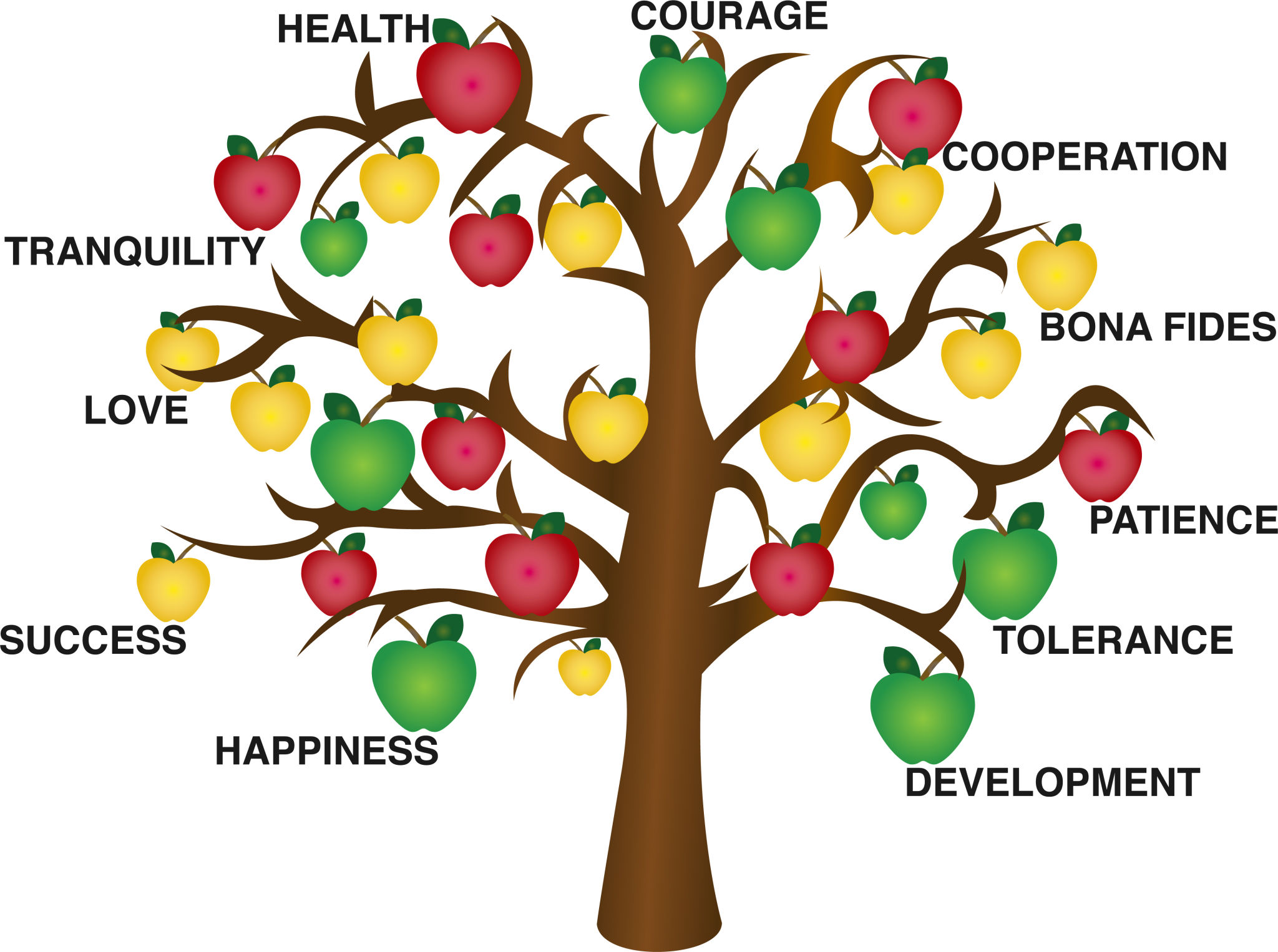Understanding the Mysteries of Kabbalah: A Beginner’s Manual
Introduction to Kabbalah
For centuries, Kabbalah has been a topic shrouded in mystery, often associated with esoteric knowledge and mystical practices. Originating from Jewish mystical traditions, Kabbalah offers a rich tapestry of spiritual insights and philosophical concepts. This beginner’s manual aims to shed light on the fundamental aspects of Kabbalah, making it more accessible to those who are curious about its teachings.

The Origins of Kabbalah
The roots of Kabbalah can be traced back to early Jewish mysticism, but it truly began to take shape in the 12th and 13th centuries in medieval Europe. Often referred to as a mystical interpretation of the Torah, Kabbalah seeks to explain the relationship between the divine and the mortal world. Its teachings are not limited to religious followers; people from diverse backgrounds have found value in its philosophical depth.
Core Concepts of Kabbalah
At its heart, Kabbalah is built upon several key concepts that form the foundation of its teachings. One of the most important is the Tree of Life, a symbolic diagram representing the process of creation and the path to spiritual enlightenment. The Tree of Life consists of ten spheres, or Sefirot, each symbolizing different aspects of God’s nature and human experience.
Another core concept is the notion of Ein Sof, which describes an infinite and unknowable aspect of God. Kabbalists believe that understanding these concepts can lead to a deeper connection with the divine and provide insights into the nature of existence.

The Practice of Kabbalah
Kabbalistic practice involves a combination of study, meditation, and prayer. It encourages individuals to engage in self-reflection and seek personal growth through spiritual exploration. While some practices are deeply rooted in Jewish rituals, others have been adapted for broader audiences interested in personal development.
A typical study might include the analysis of sacred texts like the Zohar, which is considered one of the central works of Kabbalistic literature. The Zohar offers mystical interpretations of the Torah and provides guidance on living a life aligned with divine principles.

Kabbalah in Modern Times
In recent years, Kabbalah has gained popularity beyond religious circles. Many people are drawn to its teachings as a means of gaining spiritual insight and finding purpose in their lives. This surge in interest has led to the establishment of various Kabbalistic centers around the world, offering courses and workshops for those eager to delve into its mysteries.
It’s important to approach modern interpretations of Kabbalah with discernment, as not all practices align with traditional teachings. Those interested should seek reputable sources and knowledgeable teachers to ensure an authentic exploration.
Benefits of Studying Kabbalah
Engaging with Kabbalistic teachings can offer numerous benefits, such as:
- Enhanced Self-Awareness: Encourages introspection and personal growth.
- Spiritual Fulfillment: Provides a deeper understanding of oneself and the universe.
- Improved Relationships: Teaches principles that can enhance empathy and compassion.
By integrating these teachings into daily life, individuals may find greater harmony and balance in their personal and professional endeavors.
Conclusion
Kabbalah remains a profound and intriguing spiritual tradition that continues to captivate seekers worldwide. Whether approached as a religious practice or a philosophical exploration, it offers valuable insights into the human condition and the mysteries of existence. As you embark on your journey into Kabbalah, remember that it is both a personal and communal experience, encouraging you to connect deeply with yourself and others on your path to enlightenment.